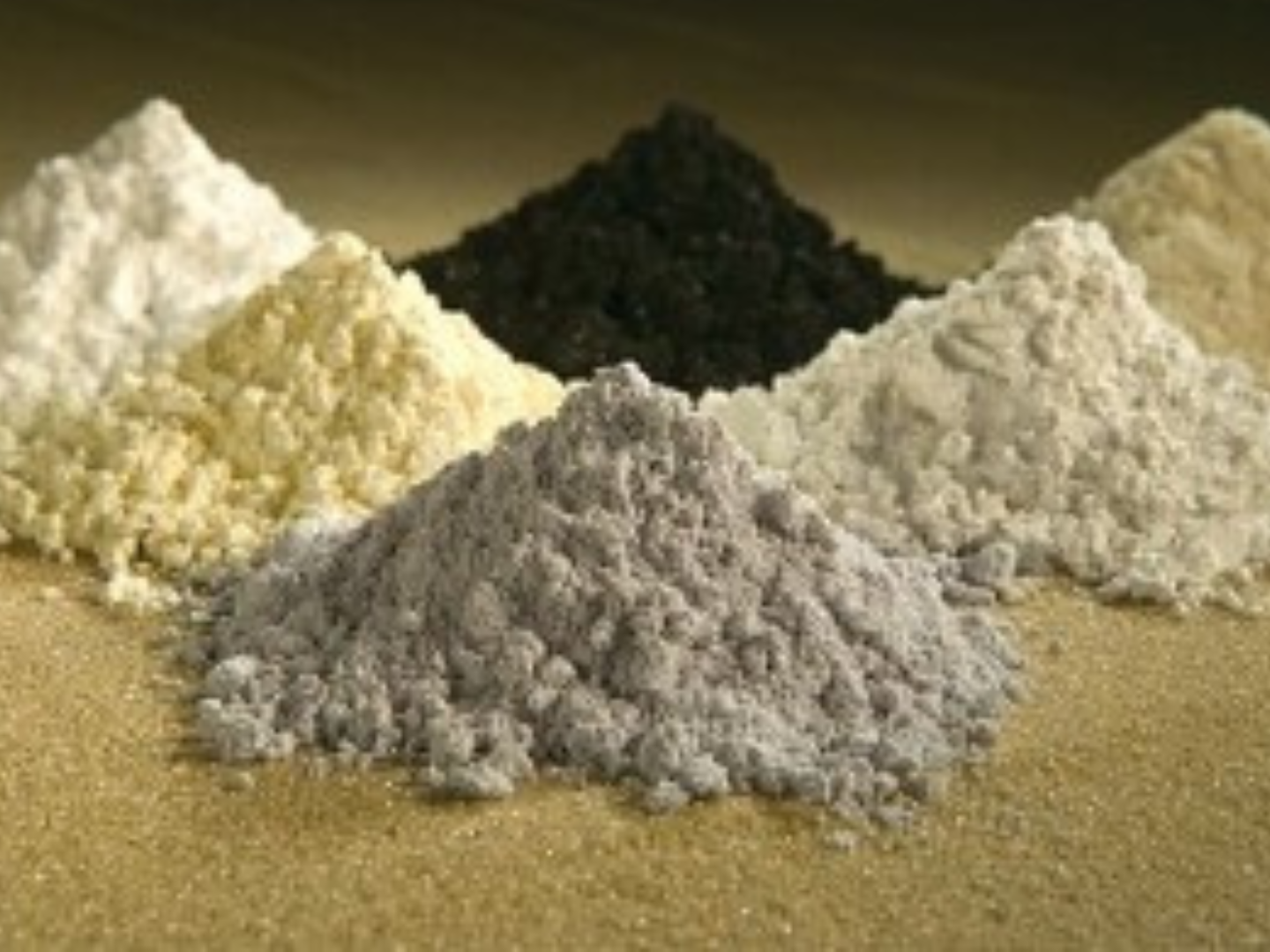The fact that minerals with the highest potential to drive economic and industrial growth are now being prioritised in South Africa is a positive development.
This is why the recent implementation of the Mineral Resources Development Bill (MRDB) (2025) was such an important development.
Join our WhatsApp channel for more updates on mining developments in South Africa
The bill provides regulatory frameworks for environmental management, financial mechanisms for rehabilitation and incentives for mining industry innovation.
South Africa is pioneering the extraction of rare earth elements from waste materials as opposed to traditional mining, focusing on stacks that were previously considered worthless and environmentally harmful waste products.
While some sustainable mining technologies may have higher capital costs initially, operational expenses are often lower due to reduced waste management requirements and environmental compliance costs.
ALSO READ:
Minerals Council says mining bill must attract more investment
Additionally, increasingly environmentally conscious markets are prepared to pay premium prices for responsibly sourced materials.
Sustainable mining practices reduce environmental contamination, rehabilitate damaged landscapes and can provide more stable long-term economic benefits compared to conventional mining operations.
Africa holds a significant amount of global rare earth resources, with South Africa possessing significant deposits. The country’s approach to extraction from waste materials further expands its effective resource base beyond traditional ore deposits.
While conventional mining involves extensive excavation and processing of raw ore, sustainable approaches focus on more efficient and less invasive techniques.
Sustainable rare earth mining presents significant economic opportunities beyond environmental benefits, creating a compelling business case for adoption.
ALSO READ:
G20 Critical Minerals Stakeholder Engagement
If implemented properly, rare earth mining in South Africa can lead to the expansion of waste recovery and technology refinement as a result of continued improvement of extraction and processing technologies aimed at increasing efficiency and reducing costs.
Furthermore, the full implementation of the MRDB will further shape industry practices and standards, leading to industry consolidation as sustainable practices become standardised.

